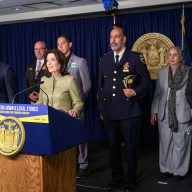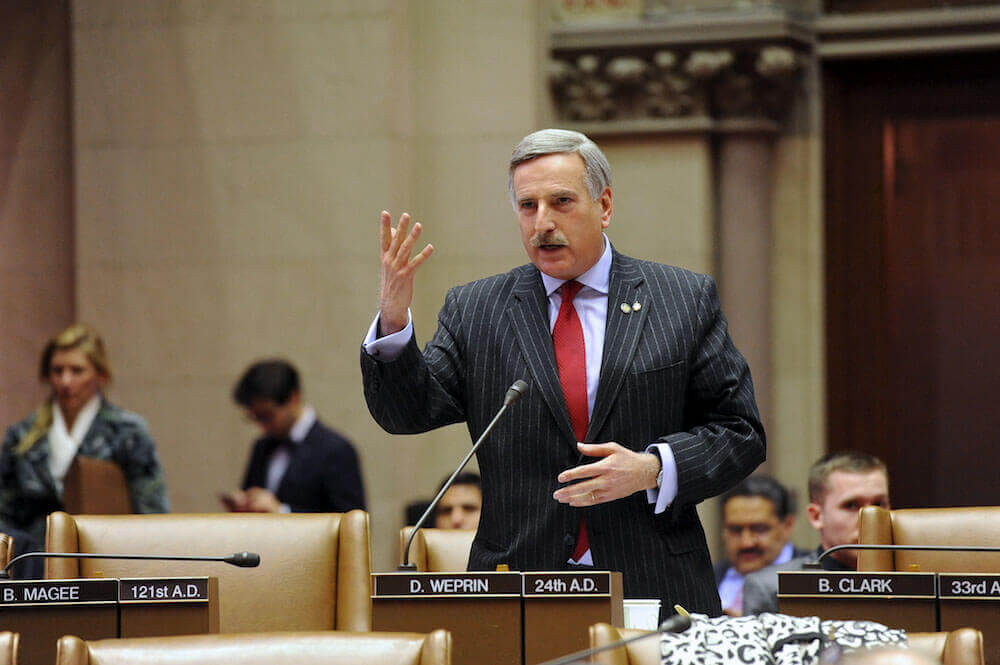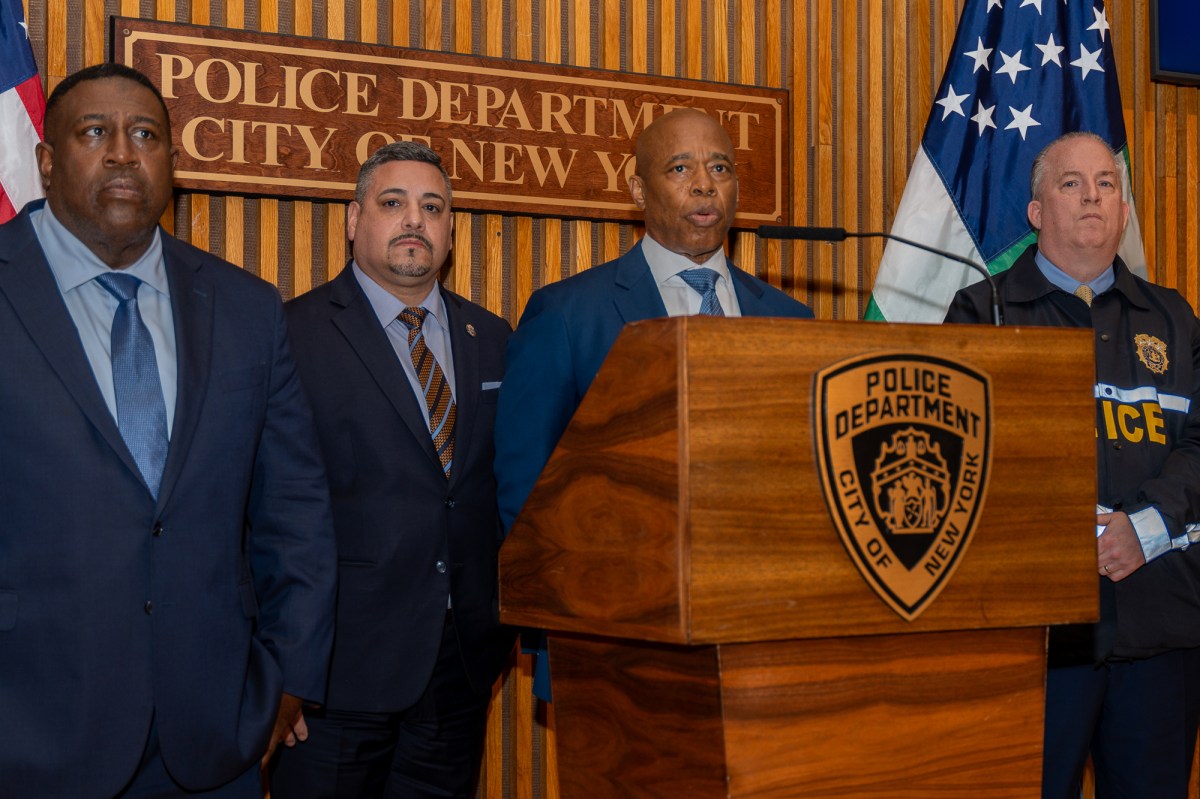The most annoying…
The May newsletter of the Civic Association of Utopia Estates includes tips on eliminating unwanted solicitors. The tops of the pages say these tips to eliminate unwanted telemarketers come from Andy Rooney of “60 Minutes” fame.
The most annoying solicitations are for credit cards. They come from banks, stores, schools we attended and even cultural institutions to which we belong. These preapproved forms for credit cards are dangerous because they include our names and addresses.
A clever criminal could use this information to steal our identities. Rooney suggested we mail the envelope back with any other junk mail. If one doesn’t want his or her name known, one has to remove it from any papers sent back.
The return envelope is postage paid, so the solicitor pays to send the original envelope as well as 50 cents to get the envelope back. Some days we receive three or four credit card solicitations. I started sending back the original envelope, which has a glassine window so my name isn’t on it.
It was suggested in the newsletter to mail back, with the check, the advertisements that come in credit card bill envelopes, so perhaps they will stop sending junk. On the other hand, I recycle my paper mail. I first shred those applications with my name on them and then put them directly into a special can on which I have placed green recycling stickers. I would hate for those companies to throw the paper in the garbage.
Another positive aspect to mailing return envelopes back to the sender of the junk mail is that you keep the postal service workers busy and earning money so they may not have to raise our postage again because e-mail is cutting into their business. I am still annoyed that they raised the postage 3 cents to 37 cents — too much too soon.
The Civic Association of Utopia Estates also told how to eliminate telephone solicitations. The civic advised people receiving these types of calls to just say: “Hold on, please,” and walk away. When one hears the phone company’s “beep-beep-beep” one can then hang up.
I guess one could also let the recorded calls continue while the phone hangs to waste the time of the calling machine. On the other hand, I was just reading the cartoon “Pickles,” which illustrated a different approach. With nothing to do, the old man in the cartoon is sitting next to the phone, when it rings. He says, “What? Are you kidding? I would love to hear about your long distance service!” And the city wanted to close the senior centers.
The same article also revealed a remedy to those annoying phone calls with no one on the other end. Some telemarketers have a machine make a phone call and then record the time of day when a person answers so they know when a “live” sales person can call when someone is home.
The article suggested that when no one is on the other end of the line, one should start hitting his or her “#” button six or seven times. This is supposed to confuse the machine that dialed your number and kick your number out of its system.
The editor of the Utopia News is Joan Volmar. The president is Tami Hirsch.
I again remind readers that the new Citizen Service Center can be reached by dialing 311, where you can receive non-emergency assistance for any problem or for information from New York City. It is a 24-hour, 7-day-a-week service. One can also dial Community Board 8 at 718-264-7895 for assistance. Remember that for an emergency continue to dial 911.
Good news of the week
An Air Force serviceman, Manuel Falquez, was home on leave in his mother’s house when an armed burglar entered the house. His mother had won $100,000 in the lottery, and the rumor on the street was that she had the money in the house.
Falquez fired one shot at the burglar and killed him, but he used an unlicensed gun. In a deal, he pleaded guilty to attempted criminal possession of a weapon, and he received a conditional discharge. It is too bad that people can obtain weapons so easily. Justice was fair this time.
Bad news of the week
It is bad that those multibillion-dollar drug companies are increasing spending money to lobby the federal government and state legislators. The pharmaceutical industry is fighting price controls on medicines here and around the world. This industry will spend about $150 million on lobbying in the coming year.
While the pharmaceutical industry has produced wonderful medicines that keep us alive and healthy longer, its attempts to keep prices and their profits high are condemning many people to deciding between medicine and food or shelter. It is too bad that former legislators lobby for the drug companies. It is important that we each belong to an organization that fights for us and for less-expensive and easily accessible medicines.

































